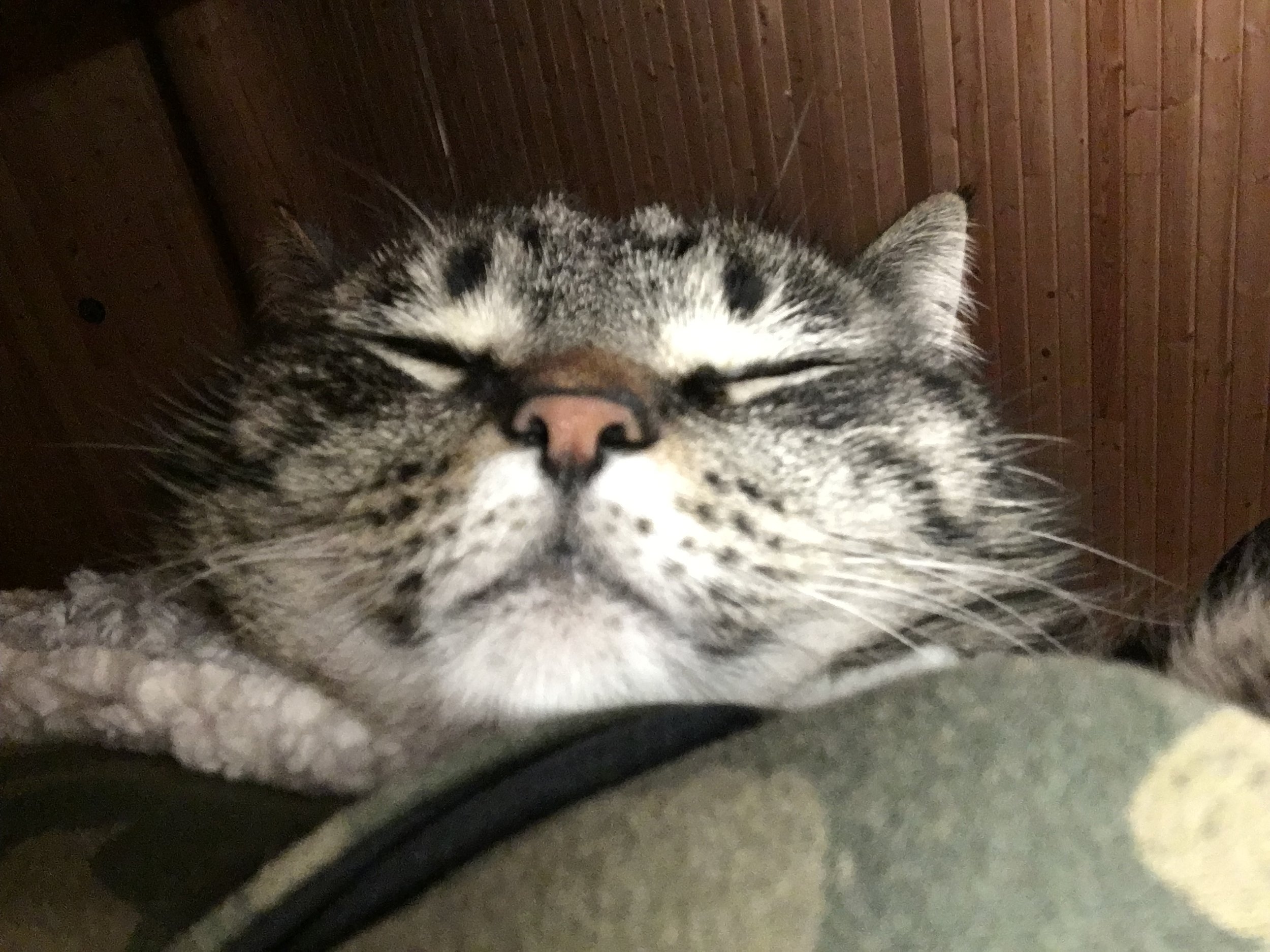homeopathy for addictions science
Read MoreAn integral approach to substance abuse.,Amodia DS, Cano C, Eliason MJ.
/integral approach to substance abuse and addictions
Read More'Homeopathy may have cure for Japanese encephalitis'
/'Homeopathy may have cure for Japanese encephalitis'
Initial findings of a study undertaken by the School of Tropical Medicine, Kolkata show that a homeopathic medicine — Belladonna — helps in checking the infection caused by JE.
Giving details, director general, CCRH, Prof C Nayak said: "Ultra-diluted solution of belladonna was administered to a JE infected chick embryo in a planned lab study. The results of the study showed a significant decrease in rate with which the cells were dying."
Second phase trials for the same study have also shown encouraging results, Prof Nayak said. ''Mice which were given the medicine were able to fight better.... the observations are being documented and would be published shortly,'' he said.
What adds to the hope is that the possibility of a cure has been acknowledged by the American journal of infectious diseases. The journal has published an article on the study being done by the team from School of Tropical Medicine, Kolkata. ''This study is a fitting reply to the critics and skeptics of homeopathy who have been denouncing the therapy as placebo,'' Prof Nayak told TOI.
City-based homeopathy consultant Dr Girish Gupta said it is only after human studies that one can think of real help to the needy children of the affected districts in UP. ''Officials say the council is working to formulate a protocol for human trials in homeopathy... this will also boost research in the stream,'' he said.
JE presents a significant risk to humans and animals, particularly in Southeast Asia (includingIndia), where around 50,000 cases and 10,000 deaths occur per year, mainly affecting children below 10 years.
Statistics reveal that about 50% of patients who develop Japanese encephalitis suffer from permanent neurological defects and 30% of them die from the disease. Further, the JE virus has shown a tendency to extend to other geographic areas.




